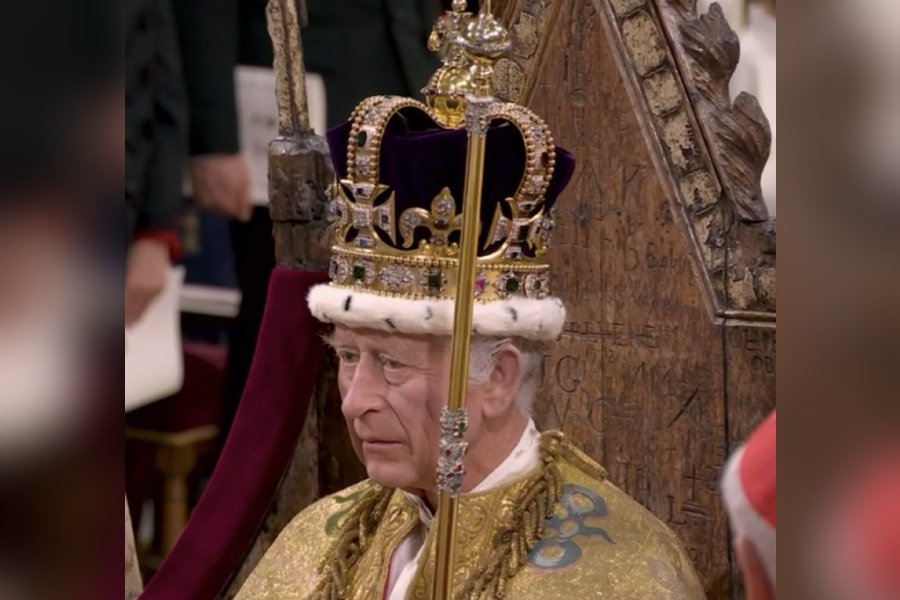The coronation of King Charles III last weekend was the culmination of the longest audition in the history of British monarchy, 70 years after his mother, the late Queen Elizabeth II, was crowned in a similar ceremony. While the coronation was steeped in history and tradition, it was also an awkward reminder of how far the world and Britain have moved away from the times Saturday’s events evoked. Consequently, it raised fresh questions about the role of the planet’s best-known monarchy in the 21st century. Is it a burden or a boost to the struggling British economy? Is it the glue that holds Britain together or a divisive emblem of privilege that only a fraction of the country enjoys? Does it advance the United Kingdom’s interests abroad or does it hurt them by evoking memories of the country’s colonial and imperial past? Indeed, a recent survey showed that only a third of Britons in the 18-24 age group believe that the monarchy is necessary. Other surveys have shown that the majority of British people are opposed to the country’s government paying for the coronation.
Public sentiment is likely to be particularly sharp at a time when nurses, doctors, transport workers and many others are striking work in some of the largest protests in Britain in decades, demanding long-denied pay raises amidst a cost-of-living crisis. The coronation cost the country up to $125 million, according to estimates. For the moment, most mainstream British politicians have desisted from openly criticising the monarchy but it is clear that the House of Windsor, especially with its frequent public scandals, is now far too often a political headache for governments. A London police threat to crack down on anti-monarchy protesters only amplified the disconnect between the occasion and the role of dissent in a modern democracy. Fewer than half of the people of England and Wales now identify as Christian; so the king’s position as the head of the Church of England matters less than ever before. Globally, there is even lesser appetite for the monarchy. In 2021, Barbados dumped Queen Elizabeth as its head of state. Last year, a visit to Jamaica by Prince William and Kate Middleton sparked demands for slavery reparations. The coronation revived calls for Britain to return the world’s largest diamond, set in the new king’s sceptre, to South Africa. Unless it reinvents itself, the monarchy risks becoming a totem of the past, not an institution fit for the future.










